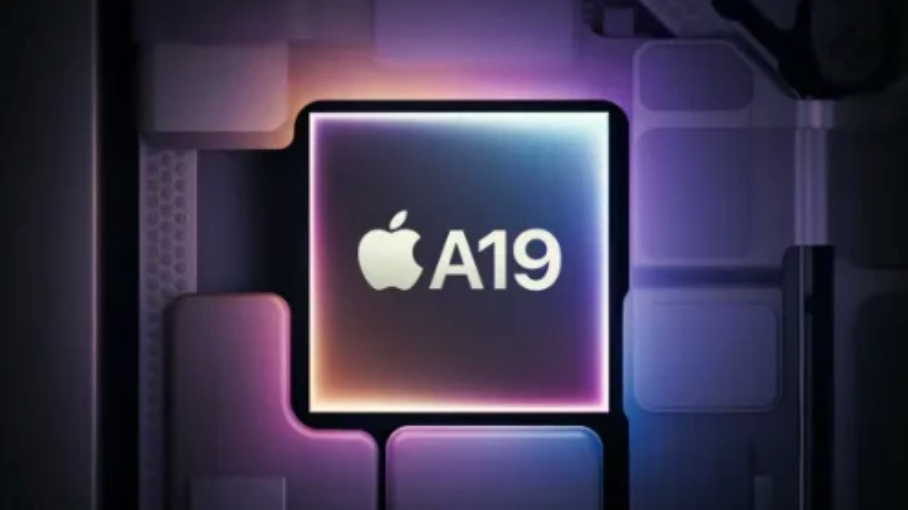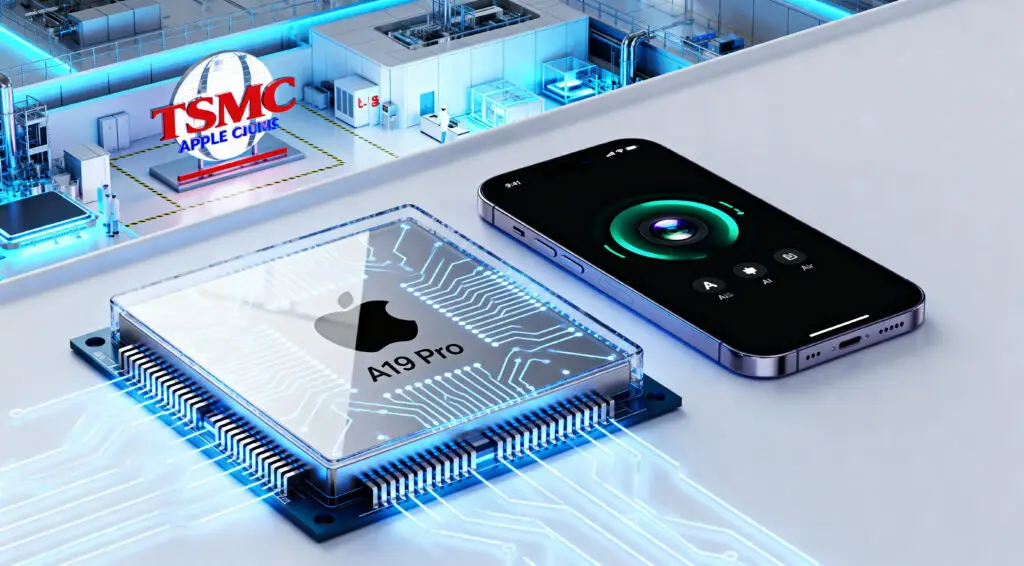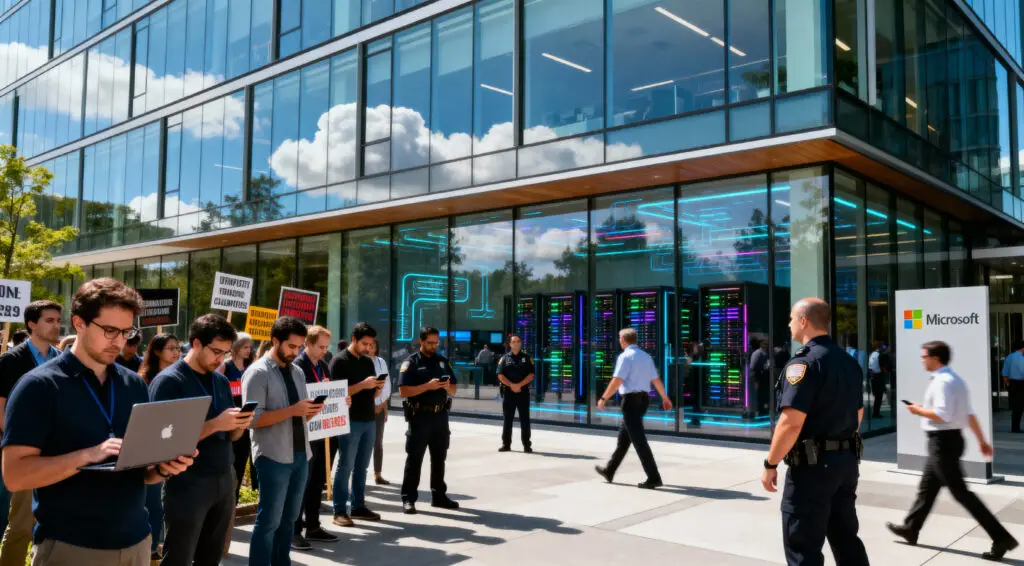Apple Unveils A19 Pro with Neural Accelerators
Apple showed off its A19 Pro system-on-chip, which has neural accelerators in each GPU core to speed up AI-heavy tasks. This architectural leap makes it possible for more complex machine learning tasks and makes devices work faster and better than older ones.
Tim Millet, Apple’s VP of platform architecture, stressed how important custom silicon is. He said that having full control lets Apple come up with new ideas that go beyond off-the-shelf silicon solutions, which makes integration as smooth as possible for AI performance on the device.

Apple Gains More Control With N1 and C1X Chips
The iPhone Air is the first phone to use Apple’s N1 wireless chip and the second-generation C1X modem, giving Apple control over all of its main parts. Before, Broadcom and Qualcomm made wireless and modem chips, but Apple’s new hardware makes it less reliant on third-party vendors.
Arun Mathias, Apple’s VP of wireless technologies, talked about how N1 improved Wi-Fi location. He said that better energy efficiency means less reliance on GPS, which makes connections smoother and extends the battery life of devices in everyday situations.
Modem Transition Signals Qualcomm Phase-Out
The C1X modem in the iPhone Air is up to twice as fast as the C1 and uses 30% less power. Analysts say that Apple will stop using Qualcomm modems completely in the next two years as performance keeps getting better.
According to Ben Bajarin of Creative Strategies, Apple cares more about control than optimization. He thinks that future modems will focus on efficiency, giving them longer battery life while keeping their speed and ability to connect to networks competitive.
Recommended Article: Apple iPhone 17 Lineup Launches With Air Model Innovation
AI Workloads Drive Hardware Integration
The A19 Pro’s neural-focused design was a response to Wall Street’s pressure on Apple’s AI strategy. Apple puts a lot of emphasis on on-device AI to protect privacy, speed things up, and make things work better while getting ready for future AI-powered apps and services.
Millet talked about Apple’s plans for AI that works together. He said that the A19 Pro has ML performance on par with that of a MacBook Pro, which lets developers run advanced models directly on iPhones without having to rely on cloud services too much.
New Features Show What AI Can Do On Your Device
The iPhone Air has a camera that uses AI to automatically change its orientation so that group shots look great. Millet said that this feature uses the A19 Pro’s bigger GPU neural accelerators, which shows that Apple wants to make AI a part of everyday tasks.
The new Neural Engine from Apple improves matrix math on all GPU cores. Apple gets flexible compute performance that can handle a wide range of AI and graphics needs at the same time by combining rendering instructions with neural processing.
Vapor Chamber Improves Chip Cooling
After getting complaints about overheating, Apple redesigned the cooling systems in the iPhone 17 Pro series to include vapor chambers. These chambers are placed directly with the A19 Pro, which improves thermal efficiency and lets AI workloads run at high speeds without sacrificing stability.
Kaiann Drance from Apple talked about how the unibody aluminum design helps with thermal conduction. She talked about how laser welding makes things last longer and gets rid of heat well, making a stable place for AI to work for a long time.
U.S. Manufacturing Becomes Strategic Priority
Apple wants to make more chips in the US, and the TSMC Arizona facilities are expected to help with this in the coming years. Apple has promised $600 billion to U.S. operations, including silicon development, even though it will take time to make 3 nm chips in the U.S.
If Apple’s 14A technology works as planned, analysts say the company could work with Intel. Until then, TSMC is still Apple’s main manufacturing partner. They make sure that the A19 Pro is made at the most advanced technology nodes for the best performance and efficiency.
Apple’s Chip Design and U.S. Investments Set Stage for AI Dominance
Apple’s hardware ecosystem is in line with AI-driven growth because it uses custom-designed chips. The A19 Pro, N1, and C1X all show that Apple can make AI experiences that are focused on privacy and use less power on all of its devices.
Apple’s unified silicon strategy makes sure that iPhones, iPads, and Macs can all work together. Apple is in a good position to dominate AI-integrated consumer technology because it controls hardware design and invests heavily in U.S. chip manufacturing.



















